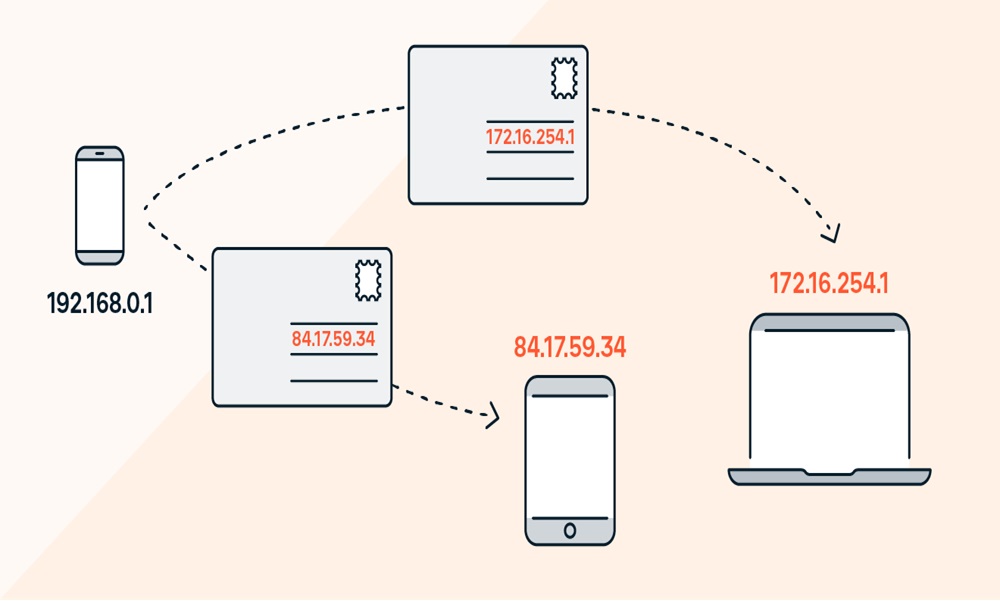
IP stresser is a tool that assesses the reliability of a network by simulating a distributed denial of service (DDoS) attack. An overload of traffic overwhelms a target system, making it unavailable to users. As a way to identify and strengthen network defenses, IP stressers, also known as booters, mimic these attacks. IP stressers operate by sending a massive amount of traffic to a targeted IP address, overwhelming the network’s capacity and causing a service disruption. The simulated attack allows administrators to gauge how well their network can withstand an attack of this nature and identify vulnerable points.
Legitimate uses of IP stressers
While the term “DDoS attack” may evoke negative connotations, IP stressers serve legitimate purposes. Network administrators and cybersecurity professionals use these tools to conduct stress tests on their systems, allowing them to identify and address vulnerabilities proactively. By understanding how their networks respond to simulated attacks, organizations can implement more robust security measures and ensure uninterrupted services for their users.
Enhancing network security
The primary benefit of utilizing IP stressers is the ability to enhance network security. Identifying weak points in a system’s defenses is crucial for preventing real DDoS attacks. By conducting stress tests, organizations implement targeted security measures, such as firewalls and intrusion detection systems, to fortify their networks against potential threats. IP stressers allow organizations to proactively address vulnerabilities, reducing the risk of service disruption caused by malicious DDoS attacks. In addition to safeguarding a company’s reputation, proactive measures ensure that their services cannot be interrupted, thus ensuring they can maintain their reputation.
Educational purposes
IP stressers also serve educational purposes. Cybersecurity professionals and students use these tools to better understand how to defend against them. Individuals pursuing careers in cybersecurity benefit greatly from hands-on experience with IP stressers, allowing them to develop practical skills in a controlled environment. Using IP stressers for malicious purposes is illegal in many jurisdictions. Engaging in DDoS attacks, even if they are simulated, leads to severe legal consequences. In recent years, law enforcement agencies around the world have been cracking down on individuals and groups that offer or use IP stresser services for malicious activities. For any additional information you might need, check out this link tresser.io.
Rise of DDoS-for-hire services
The concerning trend is the proliferation of DDoS-for-hire services, where individuals pay to launch DDoS attacks against specific targets. These services often leverage IP stressers, making it easier for individuals with little technical knowledge to launch disruptive attacks. People need to take proactive measures to safeguard themselves against DDoS attacks given the potential harm they may cause. These attacks are mitigated by installing robust cybersecurity measures, such as content delivery networks. Monitoring network traffic for unusual patterns and having response plans in place aid in quickly addressing and mitigating potential attacks.






